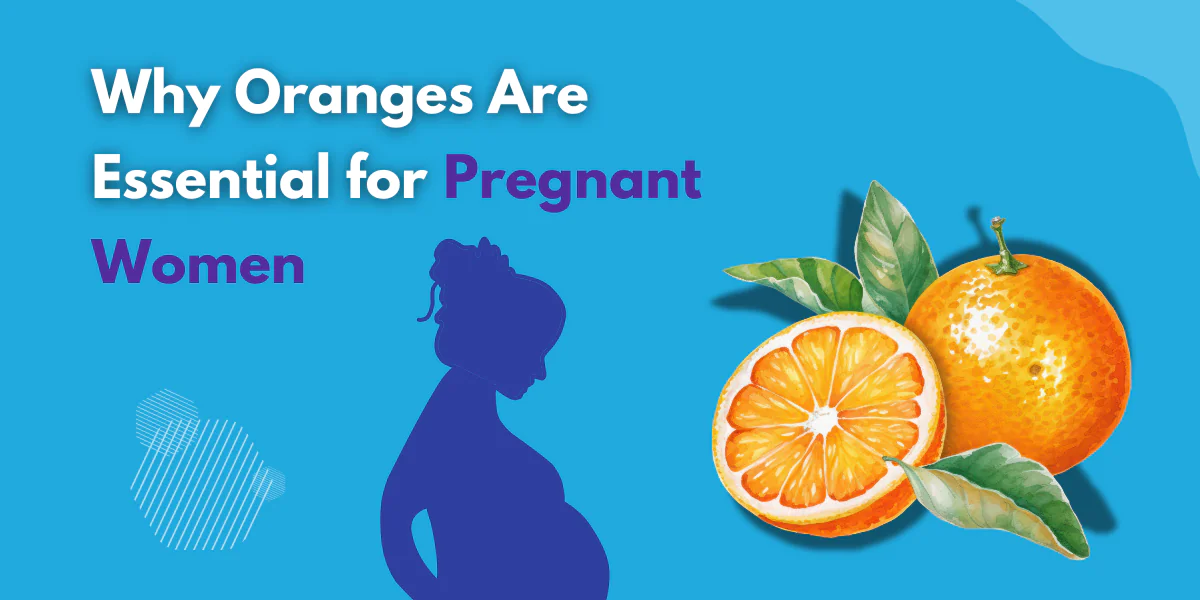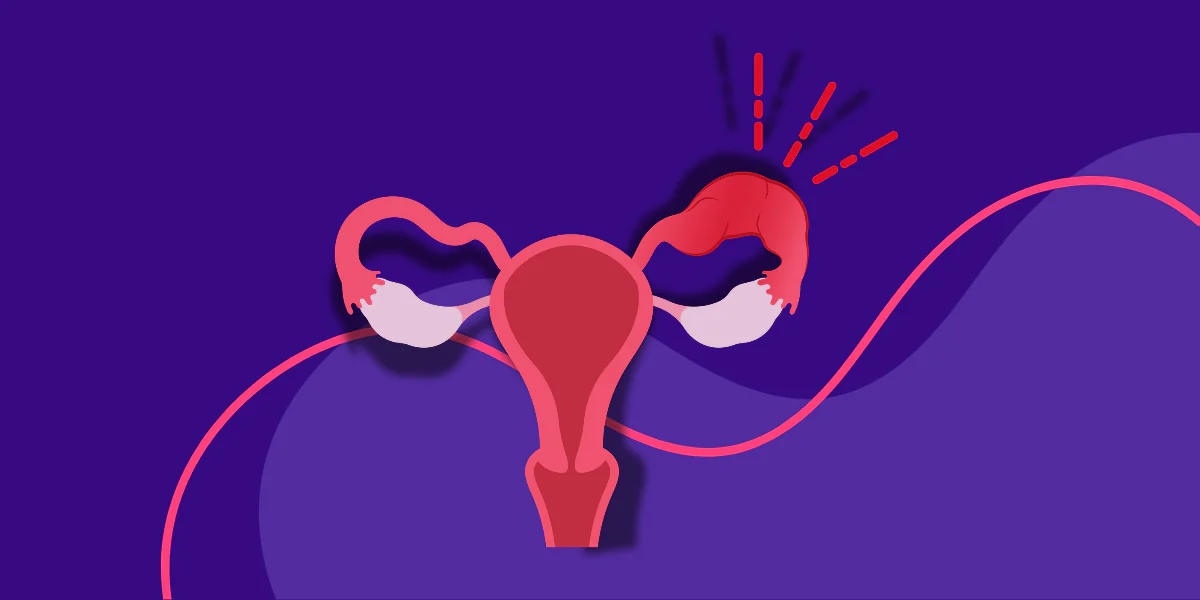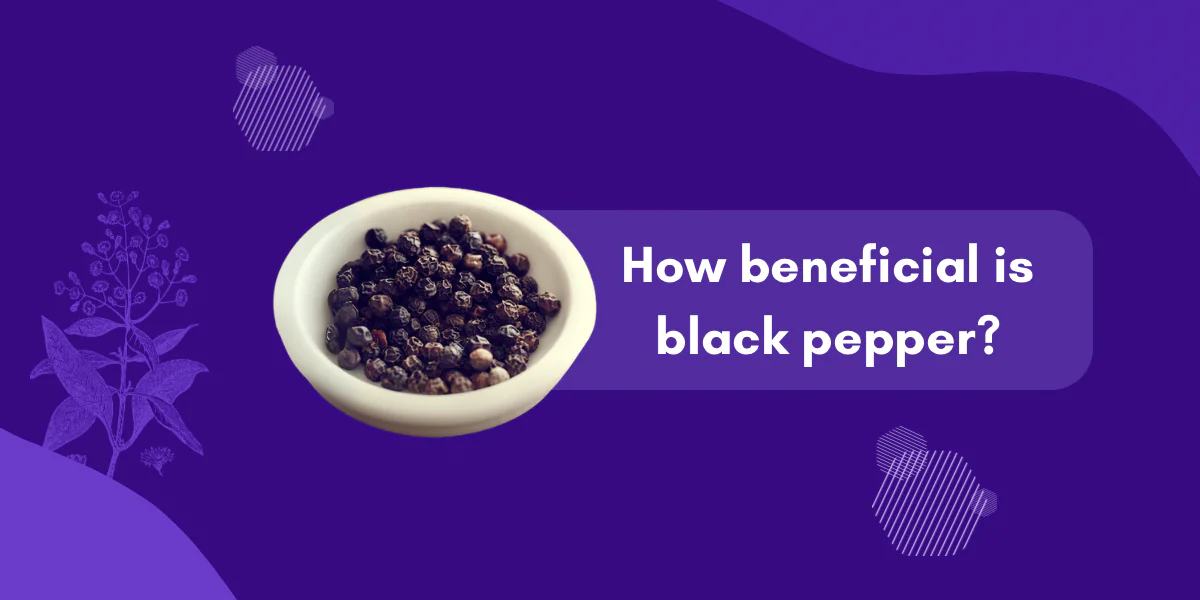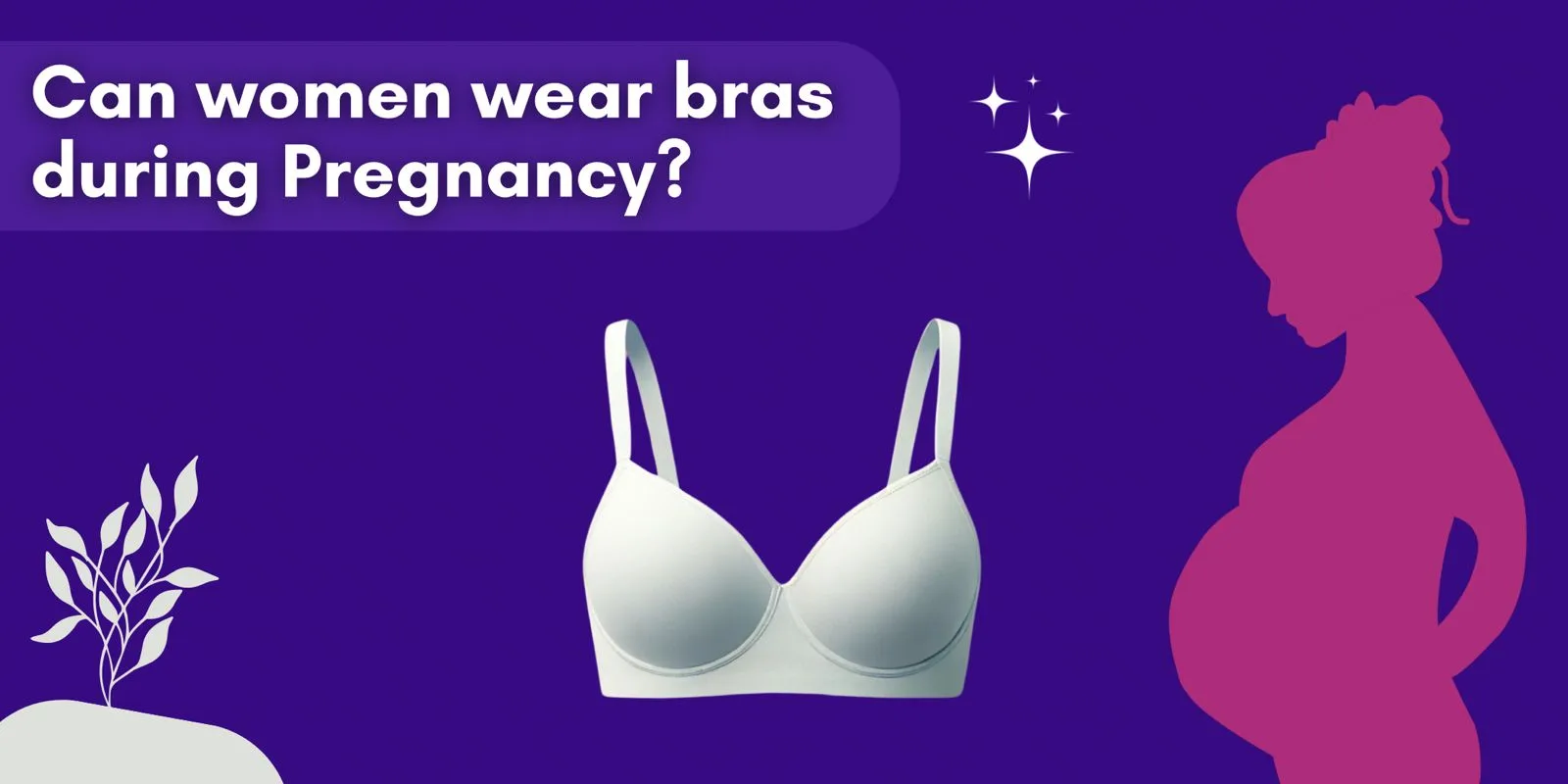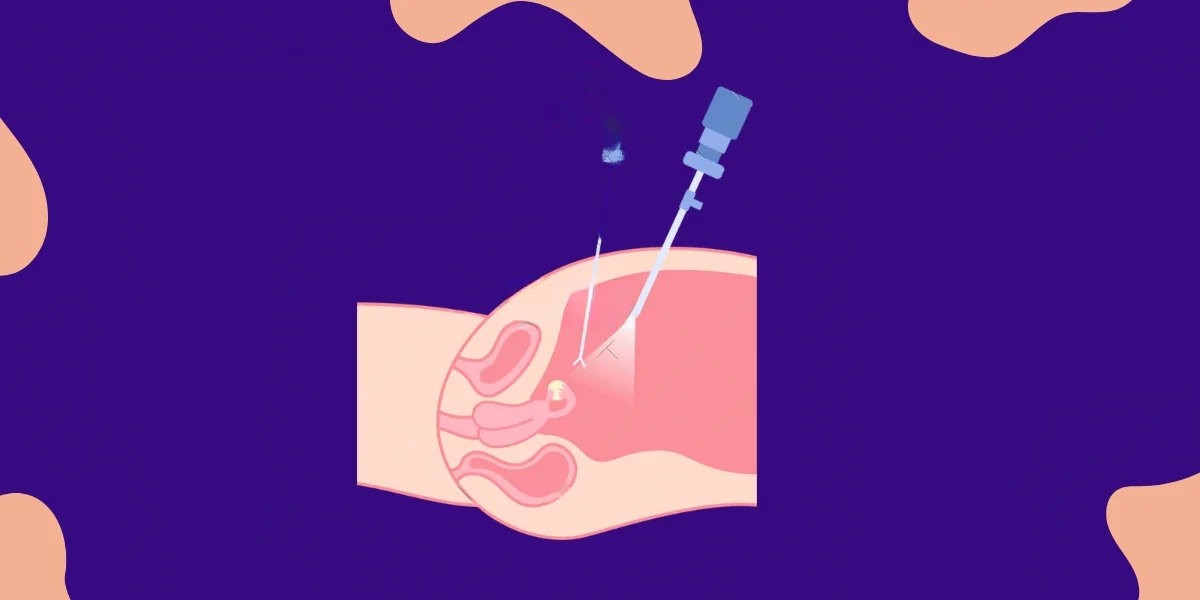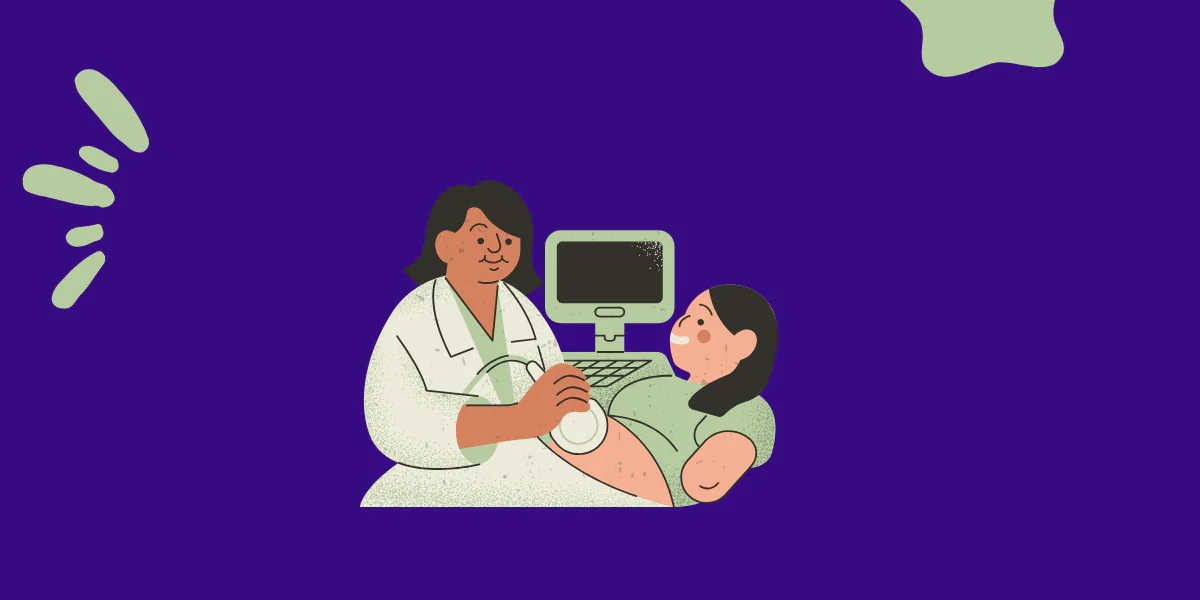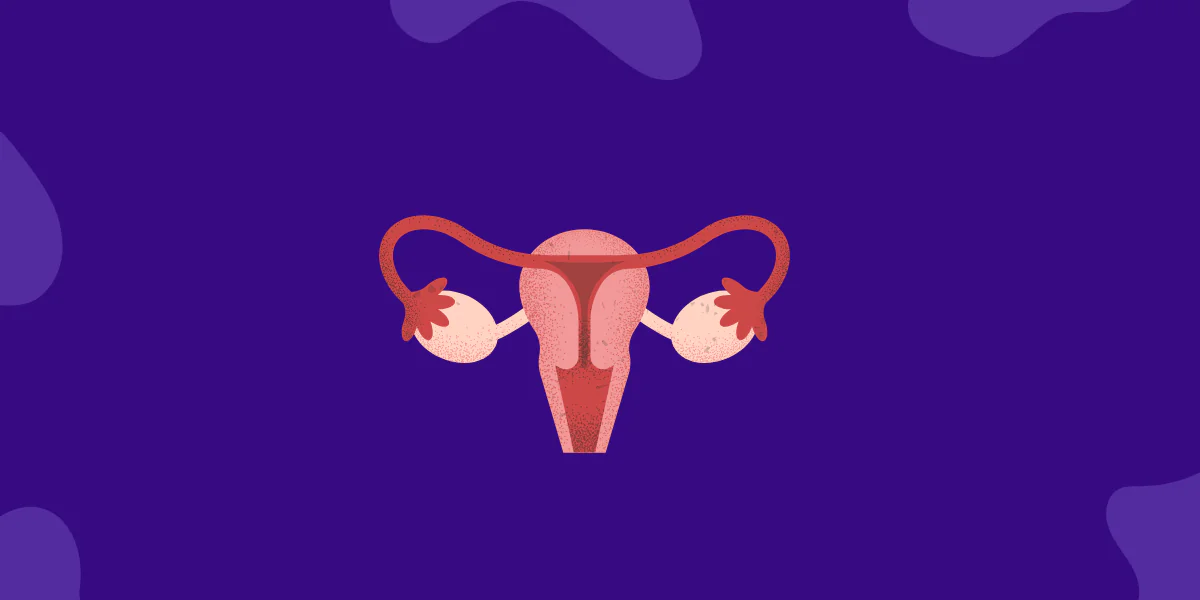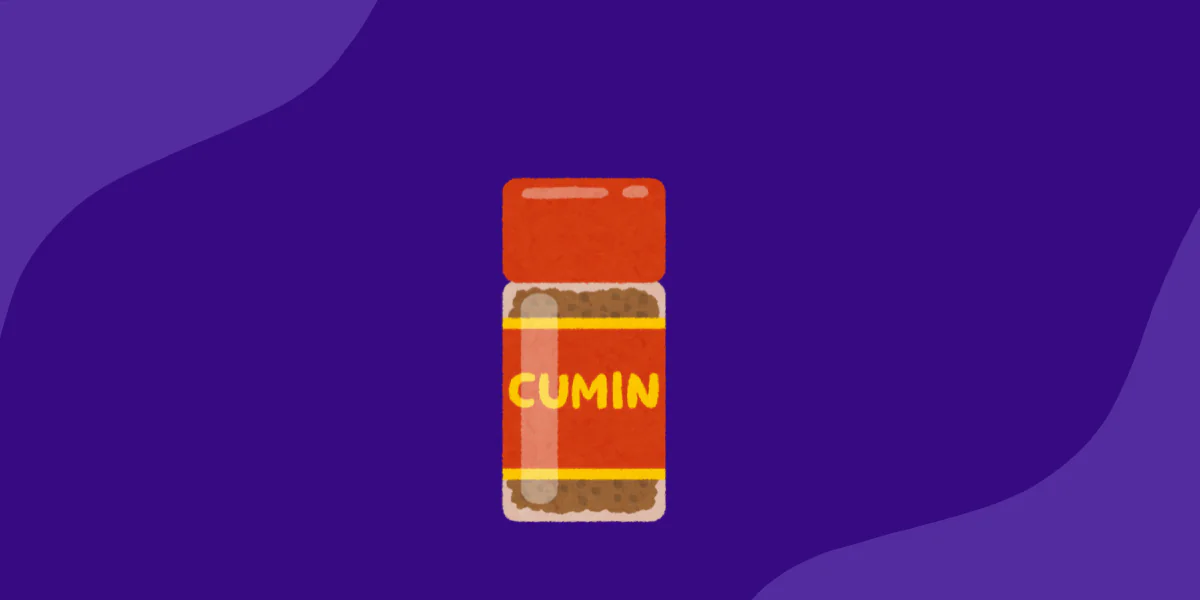Blocked fallopian tubes are a common cause of infertility among women, particularly in India, where reproductive health issues often go undetected until they cause significant problems. Recognizing the signs of blocked fallopian tubes early can be crucial for seeking timely medical intervention and improving fertility outcomes. This article highlights five key signs of blocked fallopian tubes that women should be aware of.
1. Pelvic Pain
Pelvic pain is a common sign of blocked fallopian tubes, particularly if it is persistent or severe. The pain may be more noticeable during menstruation or sexual intercourse. The blockage often results from inflammation, infection, or a condition like endometriosis, where tissue similar to the lining of the uterus grows outside the uterus, causing irritation. According to the Indian Society for Assisted Reproduction, conditions like pelvic inflammatory disease (PID) are a leading cause of blocked tubes in Indian women.
2. Painful Periods
Experiencing unusually painful periods, known as dysmenorrhea, can indicate underlying issues with the fallopian tubes. If the pain is more severe than usual or is accompanied by heavy bleeding, it may be a sign of conditions like endometriosis or pelvic inflammatory disease (PID) that could lead to blocked tubes. Women experiencing consistent period pain should consult with a gynecologist for a thorough evaluation. A study in the Journal of Obstetrics and Gynaecology of India highlighted that up to 30% of women with chronic pelvic pain may have blocked fallopian tubes.
3. Difficulty Conceiving
One of the most apparent signs of blocked fallopian tubes is difficulty in conceiving. When the fallopian tubes are blocked, sperm cannot reach the egg, and fertilization becomes impossible. Women under 35 who have been trying to conceive for over a year or those over 35 who have been trying for six months without success should consider getting evaluated for tubal blockages. In India, where the stigma around infertility often delays medical consultation, recognizing this sign early can make a significant difference in treatment success.
4. Ectopic Pregnancy
An ectopic pregnancy occurs when a fertilized egg implants outside the uterus, often in a fallopian tube. This condition is not only a potential sign of a blocked fallopian tube but also a serious medical emergency. Symptoms include sharp abdominal pain, shoulder pain, and dizziness. If left untreated, an ectopic pregnancy can cause life-threatening complications. A blocked fallopian tube can trap the fertilized egg, preventing it from reaching the uterus, leading to an ectopic pregnancy. According to the Indian Journal of Medical Research, the incidence of ectopic pregnancies has been rising, partly due to untreated infections that can cause tubal blockages.
5. Unexplained Abdominal Swelling or Pain
Swelling or tenderness in the lower abdomen that is not related to menstruation could be a sign of hydrosalpinx, a condition where the blocked fallopian tube fills with fluid. Hydrosalpinx can cause discomfort and may contribute to infertility. The swelling is due to the accumulation of fluid, which can be detected through imaging tests like ultrasound. In India, hydrosalpinx is often diagnosed late due to a lack of regular reproductive health check-ups. Addressing this symptom with a healthcare provider can lead to better outcomes.
What to Do If You Notice These Signs
- Consult a Gynecologist: Early diagnosis is key to managing blocked fallopian tubes. A gynecologist can recommend tests like an HSG (hysterosalpingography) to check the health of the fallopian tubes.
- Consider Lifestyle Changes: Reducing stress, maintaining a healthy weight, and managing conditions like diabetes can support overall reproductive health.
- Seek Supportive Care: Women facing infertility challenges may benefit from counseling or support groups to navigate the emotional aspects of the condition.
Treatment Options for Blocked Fallopian Tubes
Depending on the cause and severity of the blockage, treatment may include:
- Medications: Antibiotics may be prescribed if the blockage is due to an infection like PID.
- Surgical Procedures: Laparoscopy can help remove the blockage or treat conditions like endometriosis.
- IVF (In Vitro Fertilization): IVF may be recommended if surgery is not successful or feasible, as it bypasses the fallopian tubes altogether.
Recognizing these signs of blocked fallopian tubes can be the first step toward receiving the right treatment and improving fertility outcomes. If you experience any of these symptoms, seeking timely medical advice can make a significant difference in managing your reproductive health.
Read also: Causes of Pelvic Pain: 5 Common Reasons Explained by a Doctor
Medical Disclaimer: This article is for informational purposes only and is not a substitute for professional medical advice. Always consult with a healthcare provider for personalized recommendations.



